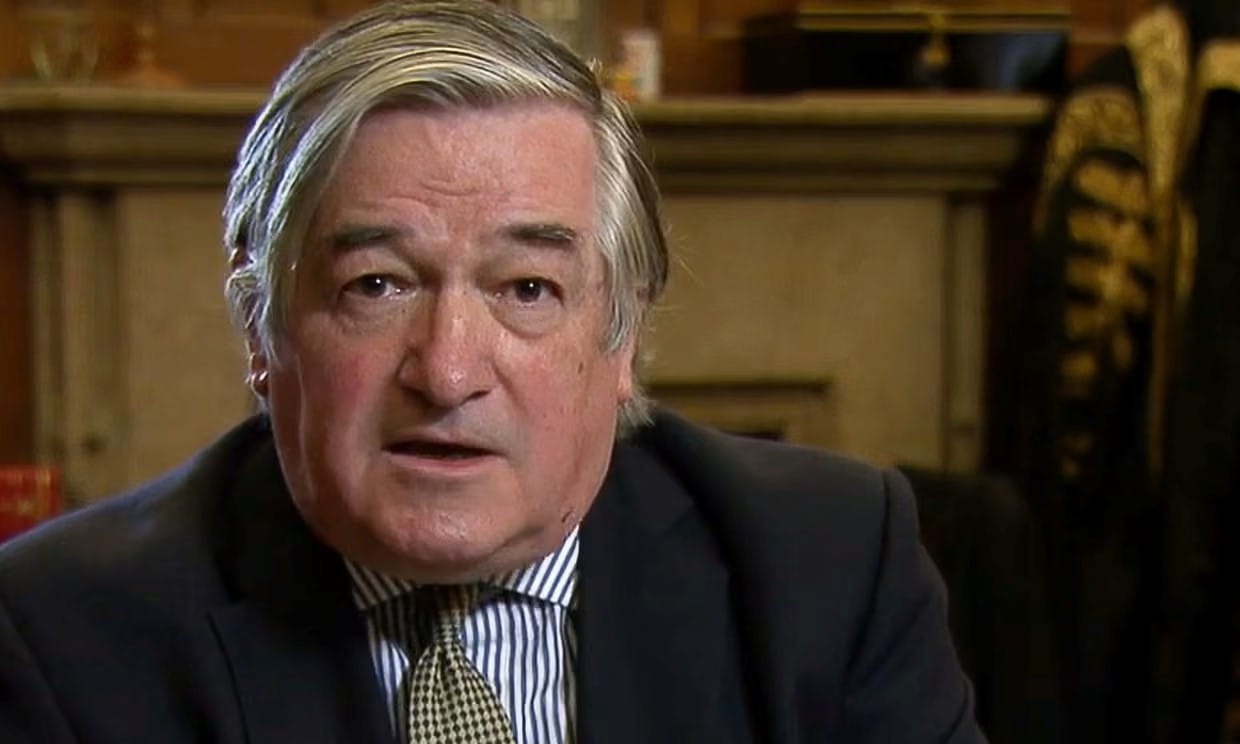K v P (Criminal Solicitor as Court-Appointed QLR) [2025] EWFC 321
Sir Andrew McFarlane, President of the Family Division. A court-appointed QLR was terminated in children proceedings where the same QLR was acting in a parallel criminal case, as the dual representation undermines the protective aims of the Domestic Abuse Act 2021 scheme for vulnerable witnesses.
Judgment date: 6 October 2025
https://caselaw.nationalarchives.gov.uk/ewfc/2025/321
Sir Andrew McFarlane, President of the Family Division. A court-appointed QLR was terminated in children proceedings where the same QLR was a solicitor acting in a parallel criminal case, as the dual representation undermined the protective aims of the Domestic Abuse Act 2021 scheme for vulnerable witnesses.
Summary
Sir Andrew McFarlane, President of the Family Division, determined an application by a mother in children proceedings to discharge the appointment of a Court Appointed Qualified Legal Representative (QLR) who was also acting as the father’s solicitor in parallel criminal proceedings involving the mother as the principal witness.
The President ruled in favour of the mother, ordering the termination of the QLR’s appointment, finding that the dual role undermined the protective purpose of the QLR scheme, which is designed to enhance the quality of evidence from a vulnerable witness and minimise distress.
Background
Proceedings under the Children Act 1989 were listed for a fact-finding hearing, with allegations of domestic abuse. The court had appointed a solicitor, Mr Fidler, as a QLR under s 65 of the Domestic Abuse Act 2021 which inserted Part 4B into the Matrimonial and Family Proceedings Act 1984 (MFPA 1984).
The QLR’s role was to cross examine the mother on behalf of the litigant in person father, who was subsequently charged with criminal offences relating to domestic abuse against the mother. He instructed Mr Fidler to represent him as his solicitor in those criminal proceedings.
The mother objected to Mr Fidler continuing due to the dual role and its negative impact on her vulnerability. She applied to the court for an order discharging Mr Fidler’s appointment.
Arguments for the termination of the QLR
The mother argued for the QLR’s termination because:
- The dual role compromised the QLR’s independence, as he had a contractual lawyer-client relationship with the father in the criminal case.
- Her knowledge of the dual role negatively impacted her vulnerability and would likely diminish the quality of her evidence, defeating the protective aim of the QLR scheme.
- A QLR should not take instructions from the represented party.
- The dual role created issues regarding the imbalance of disclosure between the family and criminal proceedings.
- Termination would not interfere with the father’s Article 6 rights as an alternative could be found to replace him.
The father (via his QLR) argued against his QLR being discharged:
- There should not be a blanket prohibition, and proportionality must be considered case-by-case.
- If he had directly appointed the QLR (or solicitor), the court couldn’t object, so the issue shouldn’t rest on the court’s appointment.
- Any disclosure issues with the criminal court could be addressed by a disclosure order into the Family proceedings.
- Judges are experienced in controlling QLRs and proceedings.
Written submissions
Written submissions were provided by the Association of QLRs and the Association of Lawyers for Children.
The AQLR cautioned against permitting an individual lawyer to hold the dual role of court-appointed QLR and criminal solicitor as to do so:
‘may create the impression that the QLR is acting more broadly in the party’s legal interest, erode the complainant’s trust in the neutrality of the QLR and breach the spirit of the QLR scheme. The psychological impact on a victim who sees the QLR as “their abuser’s lawyer” could be significant. A structural separation of these two roles ensures clarity of function and aids due process.’
The ALC stressed the benefit of separating the roles of QLR and instructed lawyer so as to avoid potential conflict or ethical complexity. The aim is to enhance the vulnerable party/witness in their ability to give evidence.
Decision and reasoning
The role of a court-appointed QLR
The President stressed the distinct nature of a court-appointed QLR compared to a party appointed QLR or instructed solicitor, namely:
- The QLR scheme prohibits cross examination in person in certain circumstances, particularly where domestic abuse is a factor (ss 31R–31U MFPA 1984). Where a party cannot or does not appoint their own QLR, the court must appoint one if necessary in the interests of justice (s 31W(5)–(6) MFPA 1984).
- A court-appointed QLR is not responsible to the party for whom they are appointed (s 31W(7) MFPA 1984) and does not have a traditional lawyer-client relationship. They are appointed to cross-examine in the interests of the party, maintaining an essentially neutral, functional role.
- Parliament’s intention for the scheme is to acknowledge the vulnerability of alleged victims, protect them from further harm, and enhance the ability of a vulnerable witness to give evidence (para 1.4, 1.4.1, Statutory Guidance).
The President did reject the idea of a blanket prohibition on dual roles, acknowledging that it is clearly possible for a party to appoint their criminal lawyer as their own QLR or family lawyer. However, the focus was on the fact that the court itself had made the appointment.
The President specifically concluded that:
- The mother’s knowledge that the court-appointed QLR was also the father’s criminal defence solicitor was likely to increase her vulnerability, inhibit her ability to give evidence, and diminish its quality, thereby thwarting the aim of the legislative scheme.
- The structural separation of the court-appointed QLR’s independent role and the instructed criminal lawyer’s advocacy role would be lost.
- The court has the power to terminate a court-appointed QLR’s role (para 8.1, PD 3AB) and should give careful consideration to doing so where a QLR becomes the instructed lawyer for the prohibited party in parallel criminal proceedings.
Guidance
The president gratefully accepted the following factors suggested by the Association of QLRs as relevant to the decision (although other factors may also be in play):
- Whether the dual role compromises the appearance or actuality of QLR independence.
- Whether the dual role undermines the protective purpose of the QLR scheme.
- Whether the dual role creates a real or perceived conflict of interest.
- Whether the dual role introduces a material imbalance of disclosure or cross-jurisdictional knowledge.
The President concluded that it would be difficult to contemplate many cases where it would be proportionate to continue a lawyer’s appointment by the court as QLR where that lawyer also acts directly for the prohibited party in related criminal proceedings.
The court ordered the discharge of Mr Fidler’s appointment.
Mr Fidler informed the court that, depending on the father’s instructions, he may henceforward go on record as the father’s solicitor in the ongoing Family proceedings.





